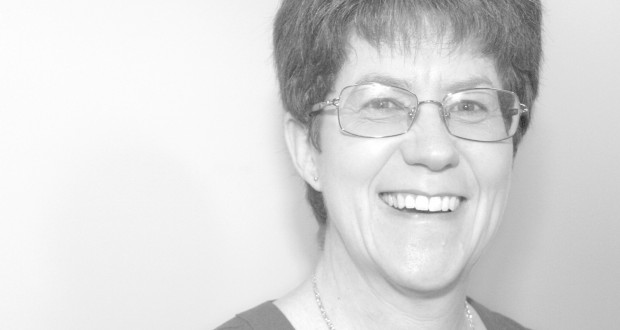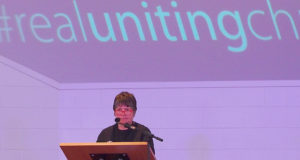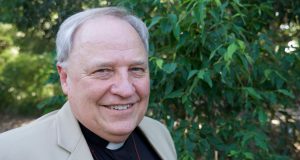The first cash I remember earning was the money we earned as children by picking ginger on the neighbour’s farm. It involved sitting all day in the sun snapping off the green stalks and the ropey roots from the tuber. By the end of the week we had some money that we could use any way we chose.
It seemed curious to me to discover that you could also earn money by leaving it in the bank doing nothing. I had no idea what the bank did with the money that I left in my account.
Medieval theologians were critical about the practice of usury that charged outrageous amounts of interest on the money lent. In the ancient world there are records that indicate that the lender sometimes charged as much as one third of the amount loaned. At times the lender demanded that a pledge be given to demonstrate that the money would be repaid. Some even required that a slave or a child be left to work for the lender until the loan was repaid.
Loan sharks are not a modern invention and humans still battle greed and envy.
Paul advises Timothy to, “Command those who are rich in this present world not to be arrogant nor to put their hope in wealth, which is so uncertain, but to put their hope in God, who richly provides us with everything for our enjoyment.”
1 Timothy 6:17–18
Being a steward of wealth involves weighing a complex array of opportunities against our values.
I have been interested to read about social enterprise initiatives that combine commercial trading with some kind of mission. The trade is not just to generate funds for mission. An example of this would be a café which trains unemployed youth to become qualified baristas. Government will sometimes fund such enterprises providing they can raise an equal contribution from private investors.
Some people like to be able to be involved in the choices about how their money is used whereas others prefer to leave it to someone else to make the decisions about what to produce, who to employ and where to find a market.
We need to acknowledge that by leaving the choices to others we abdicate the responsibility for the choices and weighing it against our values. The money in your superannuation fund might be invested to develop a new mine, to turn old forest timber into furniture or to build a new child care centre.
It can be good to understand your investments so that you know how your money is being used and whether it matches your values. “Godliness with contentment is great gain.”
Rev Kaye Ronalds
Queensland Synod Moderator
 JourneyOnline
JourneyOnline







